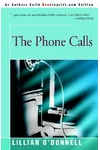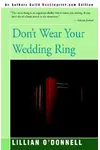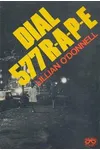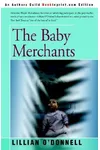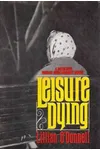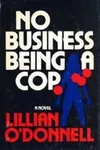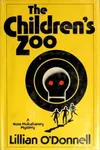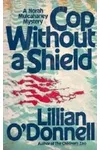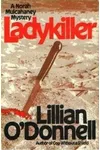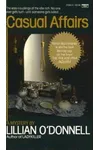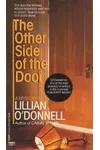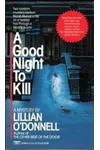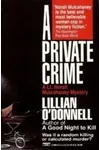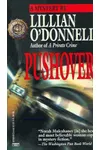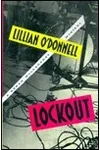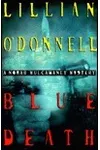Step into the gritty, pulse-pounding world of Norah Mulcahaney, where a trailblazing New York City homicide detective tackles crime and defies gender norms with unwavering grit! Lillian O’Donnell’s Norah Mulcahaney series, spanning 1972 to 1998, blends gripping mysteries with a bold exploration of women’s evolving roles in law enforcement. Norah’s tenacity and heart make her a timeless heroine for mystery lovers.
From cracking cases on Manhattan’s mean streets to navigating personal triumphs and struggles, Norah’s journey captivates readers with its raw authenticity. Whether you’re a fan of classic crime novels or curious about a pioneering female detective, this series offers a thrilling ride through a changing world.
How Norah Mulcahaney Began
Lillian O’Donnell, a former Broadway actress and stage manager, launched the Norah Mulcahaney series in 1972 with The Phone Calls. Inspired by real-life events like New York City’s first blackout and a wave of obscene phone calls, O’Donnell crafted Norah as a fierce, relatable female cop. At a time when women were barred from NYPD’s homicide division until 1978, Norah’s fictional ascent broke new ground, reflecting O’Donnell’s vision of a strong woman thriving in a male-dominated field.
O’Donnell’s theater background infused her writing with vivid characters and dramatic pacing. Her meticulous research into police procedures lent authenticity, making Norah’s world feel alive. The series, which ran for 17 books, became a cornerstone of crime fiction, showcasing O’Donnell’s knack for blending social commentary with suspense.
The Heart of Norah Mulcahaney
The Norah Mulcahaney series dives into gritty cases that mirror New York’s underbelly. In The Phone Calls (1972), Norah hunts a psychopath terrorizing widows with obscene calls that escalate to murder. Don’t Wear Your Wedding Ring (1973) sees her go undercover in a prostitution ring, risking her life to unravel a deadly scheme. Dial 577 R-A-P-E (1974) tackles sexual violence, with Norah’s empathy driving her obsessive pursuit of a rapist. Blue Death (1998), the series finale, pits Norah against a string of cop suicides that she suspects are murders, all while balancing motherhood.
Themes of justice, resilience, and gender equality pulse through the series. Norah’s cases often center on crimes against women, reflecting O’Donnell’s feminist lens. Her personal life—marrying fellow detective Joe Capretto, facing miscarriages, and adopting a son—adds depth, showing her juggle career and family in a way that feels real. Set against New York’s evolving skyline, the series captures the city’s chaos and charm, with O’Donnell’s sharp prose keeping the stakes high.
The series’ style blends police procedural with psychological suspense, offering twisty plots and red herrings. Norah’s growth from rookie to lieutenant mirrors societal shifts, making her a beacon for readers rooting for strong women. Fans praise her as both tough and human, a detective who fights for victims while grappling with her own vulnerabilities.
Why Norah Mulcahaney Resonates
Norah Mulcahaney’s legacy lies in her pioneering role as one of fiction’s first female police detectives. O’Donnell paved the way for modern heroines like Clarice Starling, inspiring authors like Allison Brennan and CJ Lyons, who credit Norah’s balance of strength and relatability. The series’ focus on women’s issues, from rape to workplace bias, remains relevant, resonating with readers seeking stories of empowerment.
Norah’s enduring appeal stems from her authenticity—she’s not a superhuman cop but a determined woman navigating a tough world. Her stories, rooted in New York’s gritty realism, offer a time capsule of the 1970s to 1990s, yet their themes of justice and equality feel timeless. Fans still hunt for used copies, proving Norah’s place in mystery fiction’s hall of fame.
- Publication Years: 1972–1998
- Number of Books: 17
- Notable Adaptation: No Business Being a Cop adapted as TV movie Prime Target (1989), starring Angie Dickinson
Grab The Phone Calls and dive into Norah Mulcahaney’s thrilling world of mystery and justice! Whether you’re chasing clues or cheering for a fierce heroine, Norah’s cases will keep you hooked.
